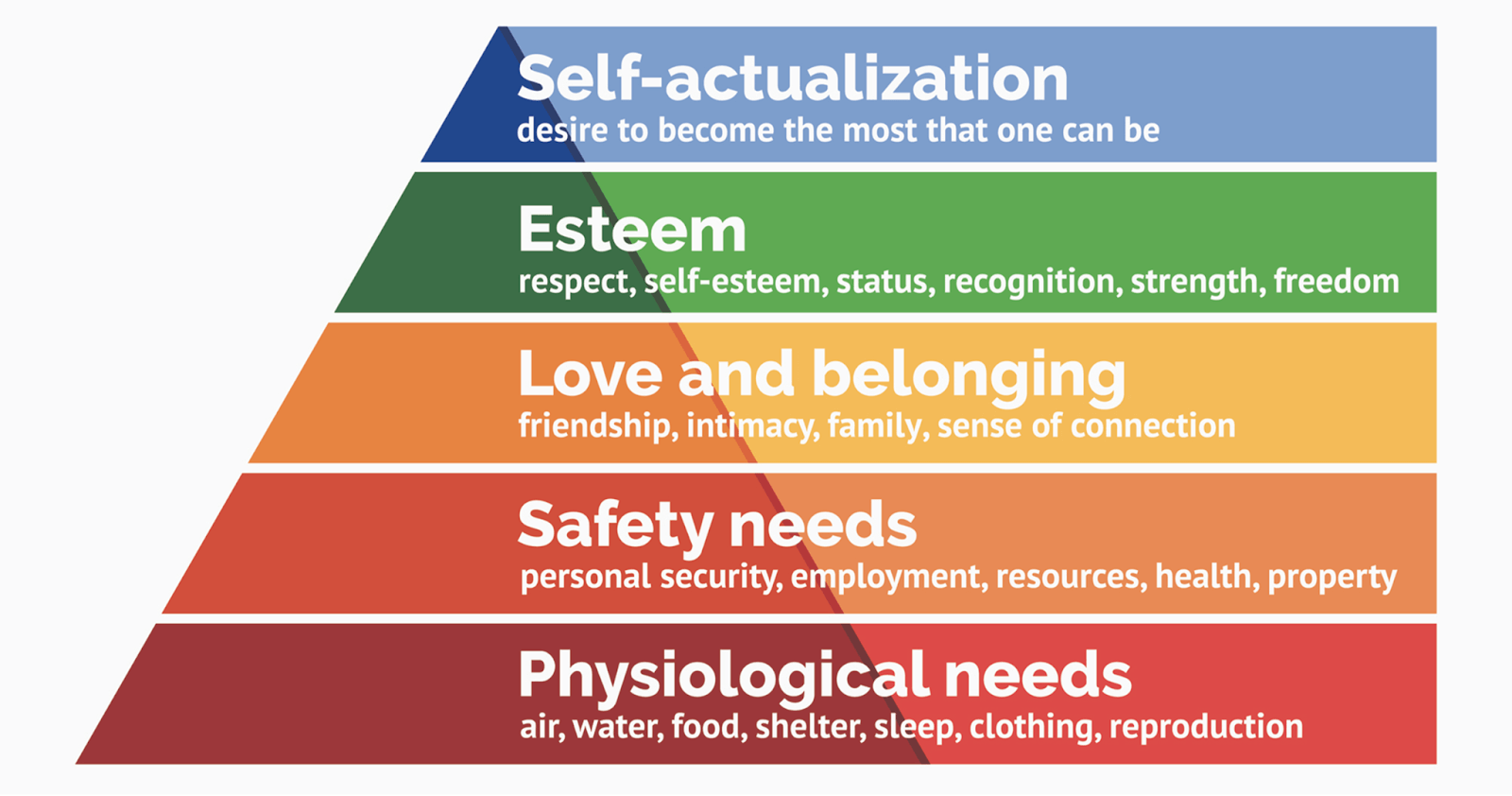By: Dr. James McFarland, People Scientist, and Jake McKenzie, Chief Executive OfficerBy: Dr. James McFarland, People Scientist, and Jake McKenzie, Chief Executive Officer
When we think about our lives and what is truly important to us, it should cause us to behave differently, right? Well, it does, but not necessarily in the ways you might think. Conventional wisdom suggests that priming consumers to think about the pursuit of meaning in life (e.g., the value of family or becoming the best version of themselves) would result in them purchasing higher-quality items in service of these noble and worthy goals. However, current research suggests that activating this pursuit of meaning may instead have the exact opposite effect.
According to a recent study published in the Journal of Consumer Research, the pursuit of meaning increased the complexity of consumers’ purchasing considerations, causing them to critically evaluate the potential purchase and what else they might otherwise be spending their money on. Ultimately, the researchers found that the priming of these opportunity costs resulted in consumers expressing a preference for less expensive goods and instead purchasing the lower-quality items. Essentially for consumers, it came down to this: if pursuing meaning is truly what’s important in life, then maybe this money is better spent elsewhere.
What is happening from a psychological perspective? Human behavior is typically motivated by filling a need. According to the Hierarchy of Needs model proposed by Abraham Maslow, these needs can be physical or psychological. Basic needs like food, shelter, and health must be met before higher-order needs such as love, belonging, and respect can be filled. From food to respect, all these needs fall into a category that Maslow described as “deficit needs,” also more commonly known as pursuit of pleasure. However, another category suggested by Maslow is that of “growth needs.” These include the need to look outside ourselves and become the best version of who we can be. Maslow used terms like “self-actualization” and “self-transcendence” to describe this type of need, but it is more commonly known as the pursuit of meaning, and as research is beginning to show, it is not as easily filled as deficit-based needs.

Marketers need to be careful when engaging consumers’ pursuit of meaning, as this growth-based need is simply not able to be filled by material things. Instead, try focusing more on one of the many deficit-based needs such as esteem, pleasure, or belonging. This will help keep the consumer’s focus on your product and what it can do for them, rather than asking themselves “Do I really need that?”
To better understand consumer psychology and to learn more about the differences between deficit-based needs and pursuit of meaning in your marketing, give us a call at 833-579-1905 or email us at [email protected].